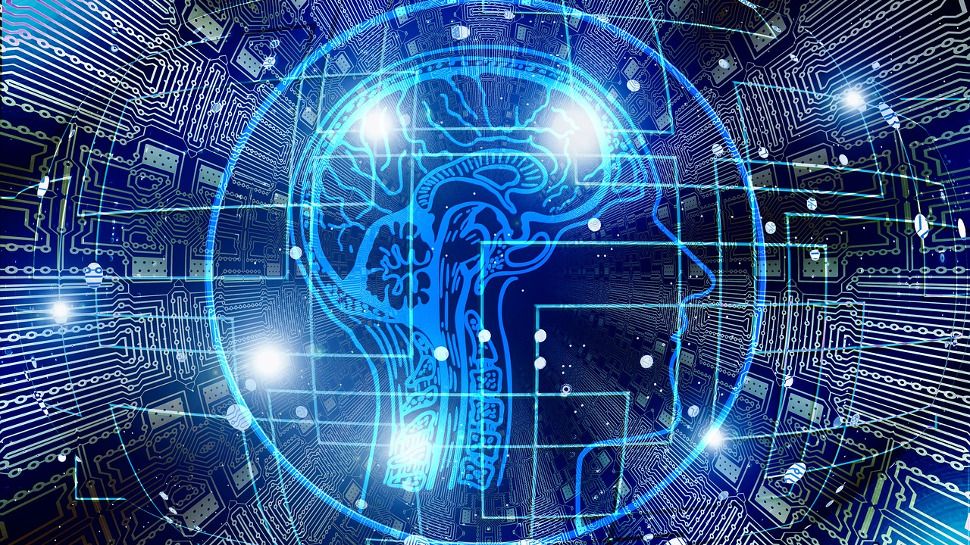
Amazon Announces 14,000 Corporate Job Cuts to Accelerate AI Strategy
Amazon disclosed plans to eliminate 14,000 corporate positions as part of a broader effort to streamline operations and invest more heavily in artificial intelligence. Senior vice president Beth Galetti emphasized the need for a leaner structure to move quickly in a rapidly changing market, while CEO Andy Jassy highlighted the transformative impact of generative AI on the workforce. The company will offer internal transfer opportunities, severance, and outplacement services to affected employees. The moves come amid significant spending on tech infrastructure and a strong performance by Amazon Web Services.










